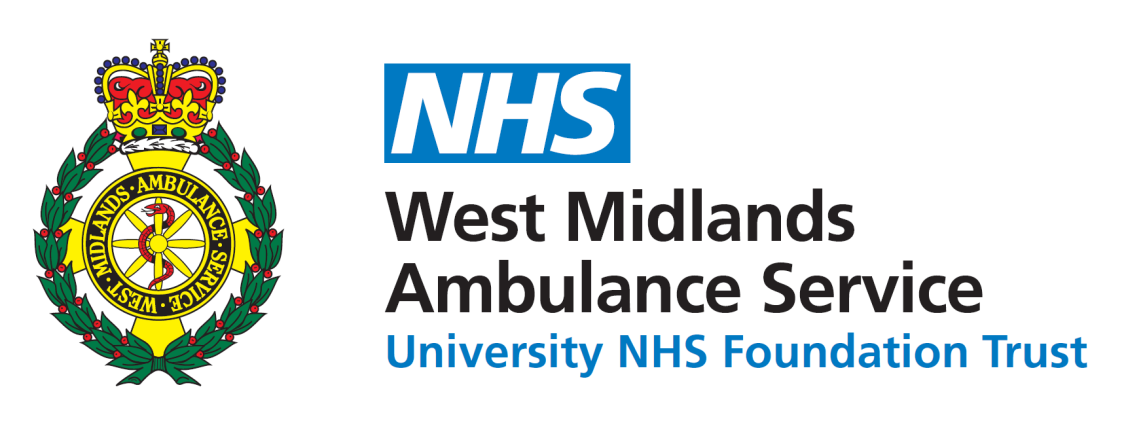AIMS
This project will explore whether patients with TB have more severe illness from COVID-19 than those without TB. It will consider whether the patients with TB are worse affected – for example having to spend longer in hospital – and whether the timing of TB (e.g. how long ago the infection was) is linked to overall outcome.
BACKGROUND
Worldwide about 10 million new cases of TB occur every year and 1.3 million people die from TB annually. The UK has one of the highest rates of TB in Europe, with almost 5,000 new cases each year. Within the UK, Birmingham and the West Midlands are particular hotspots for TB, with over 300 cases of active disease and approximately 3,000 cases of latent (‘silent’) infections diagnosed each year.
Since the beginning of the COVID-19 pandemic in late 2019 there have been almost 200 million confirmed cases and 4 million people have died globally. Again, Birmingham and the West Midlands have seen very high rates of COVID-19 and we now know that people of Black, Asian and minority ethnicities (BAME) particularly suffer, experiencing more severe illness and higher rates of death from COVID-19. These groups also have the highest amounts of TB, both in the UK and overseas.
At the moment there is very little understood about the overlap between these two chest infections and the possible impact of TB on COVID-19 (and vice versa).
RESEARCH
Most cases of TB in Birmingham are managed through University Hospitals Birmingham, making it the single largest TB service in the UK. This provides a unique opportunity to study the links between COVID-19 and TB using UHB’s data, and findings will have direct implications for the local community.
By focusing on the changes observed in TB patients in Birmingham, the researchers hope to provide evidence to monitor the risk in patients from across the UK. Findings will be shared with colleagues across the UK at the earliest opportunity through national public health and TB networks, including PHE, the British Thoracic Society and British Infection Association. This should mean that findings could improve patient management nationally as soon as possible.
Findings will also be relevant internationally and could help in countries where there is a need to inform risk prediction and treatment strategies.
PATIENT INVOLVEMENT
The researchers have actively sought the views of patients from the TB clinic and have found widespread support from patients for the use of their data in this manner. Patients will be invited to join the study team to help with the research.
APPROVAL
This project was supported unanimously by the PIONEER Data Trust Committee.
This work is led by Dr Matthew O’Shea, Consultant Physician in Infectious Diseases and Researcher at the University of Birmingham




